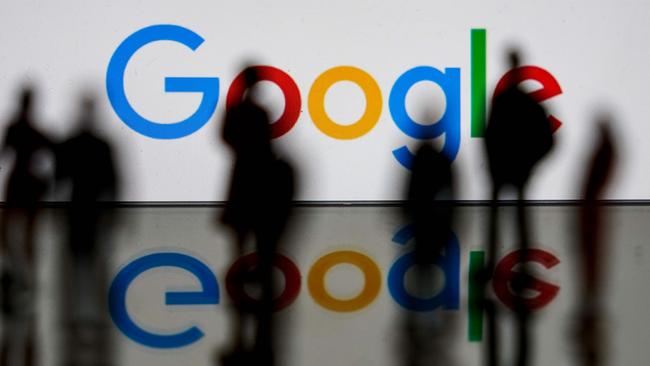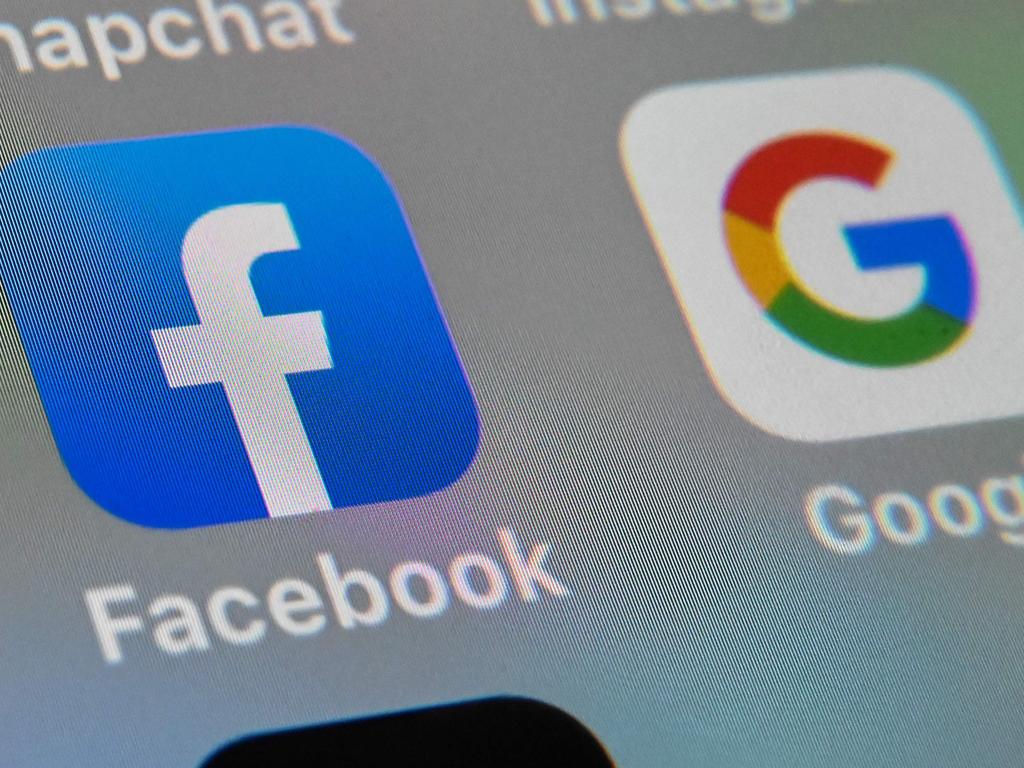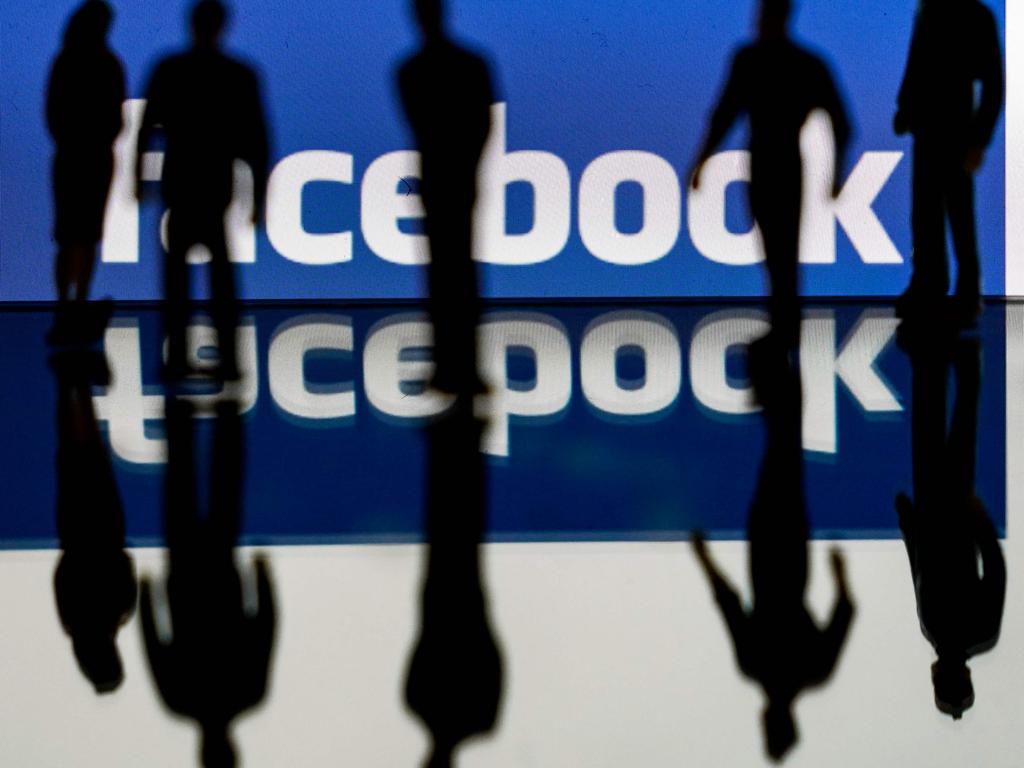‘Manipulative’ Google’s misleading ads ‘aim to create fear’
The technology giant releases new ads claiming the regulatory code would give media organisations an ‘unfair advantage’.

Google has been accused of deliberately misleading users by claiming in “manipulative” new advertising that a proposed revenue-sharing deal with media companies, backed by the nation’s competition regulator, would fill its search results with junk.
The technology giant, which generated $4.8bn in local revenue last year, released a series of new ads at the weekend claiming the new regulatory code would give media organisations an “unfair advantage” over others by allowing them access to the company’s secret algorithms.
“If we talk about our search signals too much then people will manipulate them and that breaks search entirely,” Google vice-president of engineering Dave Besbris says in one ad.
In separate videos, Google claims the proposed revenue-sharing deal is not connected to paying for news but about “being required to give an unfair advantage to news companies in search”.
The proposed new laws do not require Google to hand over its algorithm to anyone, but instead “notify” media companies — including the ABC, SBS and News Corp Australia, the publisher of The Australian — if it was changing how it ranked their articles.
Google also claims in the new ads that it “already pays Australian news companies”.
However, it agreed to pay only a small number of publishers — Solstice Media, Schwartz Media and The Conversation — in June after the Commonwealth instructed the Australian Competition and Consumer Commission to force tech companies to draw up a compulsory code of conduct that would, for the first time, govern revenue-sharing with media companies.
Peter Lewis, director of the Australia Institute’s Centre for Responsible Technology, said the new ads were a “classic political play” aiming to “create fear” by shifting the focus away from whether Google should pay for news to its search engine.
“They are trying to stand in the way of reform by latching on to specific elements of complex legislation and amplifying it to create fear in the community,” he said. “It’s really a sign Google does not treat their Australian audiences with respect. They are trying to manipulate Australians. Even if it were true, Google has the option to make the case without threatening to depart Australia.”
Despite claiming that the proposed code could “break” search entirely, a Google spokesman on Sunday told The Australian that the company might unilaterally dump efforts to improve the search algorithm.
“If we want to keep our algorithms fair for everyone, we would have to stop making any changes in Australia,” he said.
“This would leave Australians with a dramatically worse search and YouTube experience.”
“If we are required to give one group special advice about how to get a higher ranking, they’d be able to game the system at the expense of other website owners.”
An investigation by the ACCC in 2019 found there was a “lack of transparency” in Google's algorithms and “significant opacity in the operation of the ad tech supply chain”.
The competition watchdog also noted the European Commission’s ruling that found that Google systematically gave prominent placement to its own shopping service and demoted rival comparison services in its search results.
Josh Frydenberg asked the ACCC to create a mandatory code after the Treasurer said it was clear progress was not being made in negotiations between the parties on payment for content.
The ACCC’s investigation found the prominence of Google and Facebook placed them in a “privileged position” as “critical and unavoidable partners” for media organisations. “The opaque operations of digital platforms and their presence in interrelated markets mean it is difficult to determine precisely what standard of behaviour these digital platforms are meeting,” it found.
The latest ad from Google include one video in which the company’s vice-president, Cathy Edwards, suggests Australian users would be overwhelmed by “low quality” pages if the code were to become law.
“This is a war that we are fighting basically,” she said. “That’s the reason that we keep Google search algorithm a very closely guarded secret — recipe for coke level guarded secret.”
Bridget Fair, chief executive of Free TV Australia, said the video appeared to be part of a deliberate strategy to “confuse and complicate” the debate around the ACCC’s code.
“There is nothing in the code that requires Google to disclose any part of its algorithm to Australian news media businesses or anyone else,” Ms Fair, who represents the major broadcasters, said. “The idea this somehow allows news media businesses to ‘peek’ at the algorithm itself is a wilful misstatement of the proposed obligations.”







To join the conversation, please log in. Don't have an account? Register
Join the conversation, you are commenting as Logout